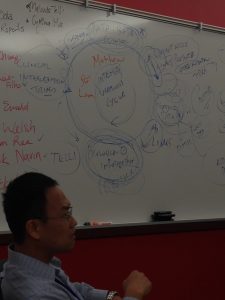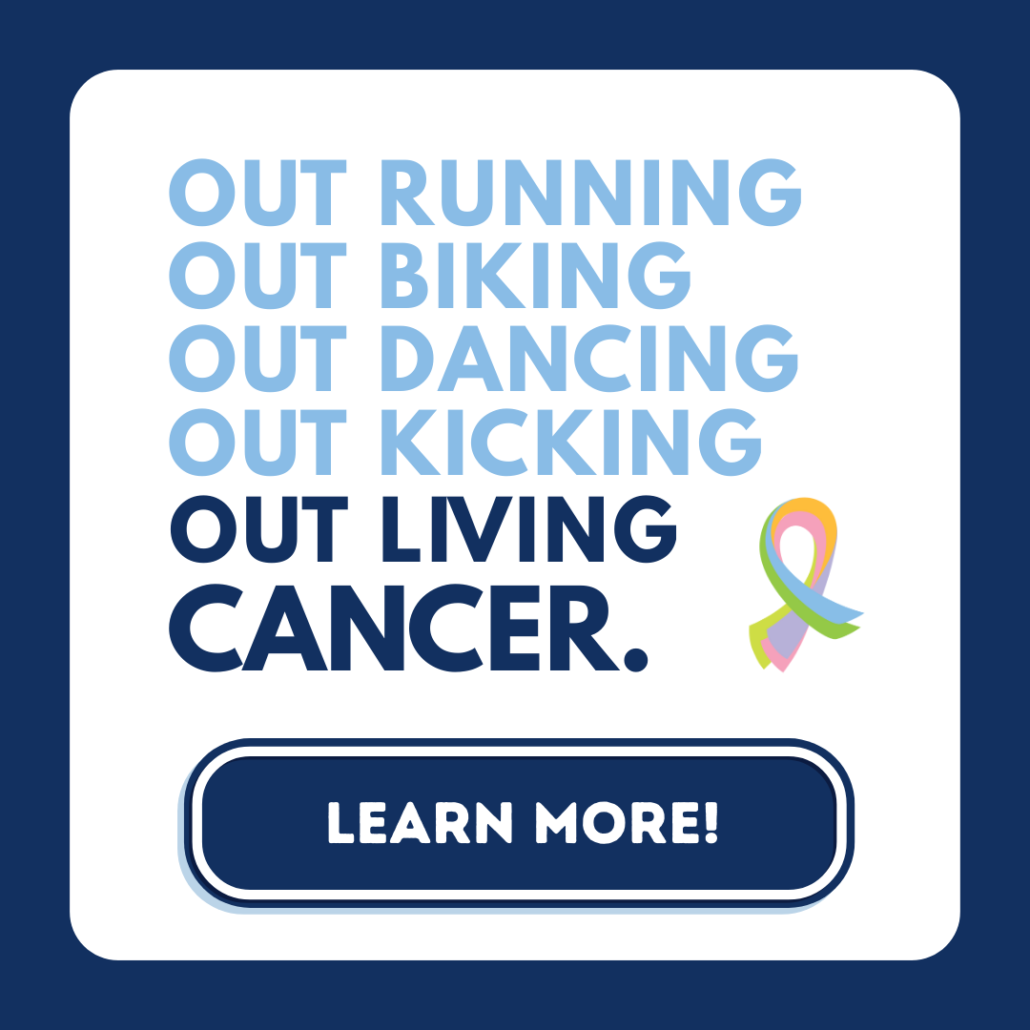Houston… We have a problem.
 Living with metastatic breast cancer is overwhelming. Watching friends suffer & die of this disease is heart wrenching. Being a part of an effort that has the potential to change the way we approach metastatic breast cancer research… finally, an overwhelming sense of purpose.
Living with metastatic breast cancer is overwhelming. Watching friends suffer & die of this disease is heart wrenching. Being a part of an effort that has the potential to change the way we approach metastatic breast cancer research… finally, an overwhelming sense of purpose.
This week I had the extreme honor of joining forces with like-minded organizations in Houston to talk about how to accelerate research for metastatic breast cancer. I sat in tears as I listened to Dr. Matthew Ellis of Baylor College of Medicine talk about his vision of a “Virtuous Cycle” of care that links together patients, clinicians and researchers to bring more options to those facing metastatic breast cancer.
“You want to know why we haven’t seen progress in metastatic breast cancer survival?” Dr. Ellis asked. I leaned to the edge of my seat…. “I think we haven’t gotten a cure yet because we haven’t studied the patients enough. Something is wrong with the system. The patients are over here. The researchers are over here and I’m in the middle screaming for help.”
Tears started screaming down my face. We have to reset the system. Start with the study of the patients themselves. How many are there? What are their stories?
Super smart scientists are working behind closed doors – examining cells, proteins, genes. They have theories and ideas. Some work, some don’t… But what does any of that matter if it doesn’t help a patient? Why do scientific advances matter if we don’t know how to use them to help people? We have to shake up the system by creating a shared cycle of cooperation. Connect the genomic data to the lab, the lab to the clinic and record the story of the patient to understand how she or he is doing.
We need to put the patient at the very center of the effort. And doctors, researchers & patients have to share successes and failures to learn from each other. Put egos aside. Stop working in isolation of each other.
There is a reason we haven’t found a cure to breast cancer. The system is broken. I’m excited to be a part of resetting it. It is a huge, daunting task. But, lives are on the line. Mine included. And, I just sat around a table in Houston with 8 people who believe it can be done.
In 1970 a group of people sat around a table in Houston. An explosion had occurred aboard the Apollo 13 spaceship and a mission of lunar exploration quickly became a mission of survival. Ground control in Houston scrambled to develop an emergency plan as millions around the world watched and the lives of three astronauts hung in the balance. Ground Control in Houston faced a formidable task. They had to create an entirely new plan to bring these three astronauts home safely.
They locked the door, determined to rethink the challenge until they brought these astronauts home. They tore things apart and rebuilt a spaceship. They saved these astronaut’s lives.
Approximately 40,000 people die each year of metastatic breast cancer. 110 a day. We have been walking, running, purchasing pink stuff, raising millions of dollars to cure breast cancer. But, it isn’t working. Our mothers, sisters, wives, friends and men are dying.
It’s time for a radical change in how we face this disease. Time to lock the door and tear things apart.
Fittingly, Vice President Joe Biden recently established the National Cancer Moonshot Initiative to support cutting-edge research.
Are the stars aligning for change? Can we really change the way we face cancer? Can we work together on innovations to accelerate the understanding and treatment of breast cancer? Bring people together, break down silos, share data & generate new ideas and breakthroughs?
In October, leaders in the areas of genomics, biological research, clinical trials & common data will gather in Houston for the Metastatic Breast Cancer Conference at Baylor College of Medicine. Hope Scarves is honored to work In partnership with MBC Alliance, Metastatic Breast Cancer Network, Baylor College of Medicine, Twisted Pink & Theresa’s Research Foundation to challenge these researchers to create fundable, impactful research collaborations with a focus on metastatic breast cancer patients. The projects must have national reach and international application.
Stay tuned for more information on this new approach to metastatic breast cancer research and how you can support me & Hope Scarves be a catalyst in this new frontier. I’m honored to have a seat at the table and will do everything I can to be the change I wish to see in this world.
He who is not courageous enough to take risks will accomplish nothing in life. – Muhammed Ali


Leave a Reply
Want to join the discussion?Feel free to contribute!